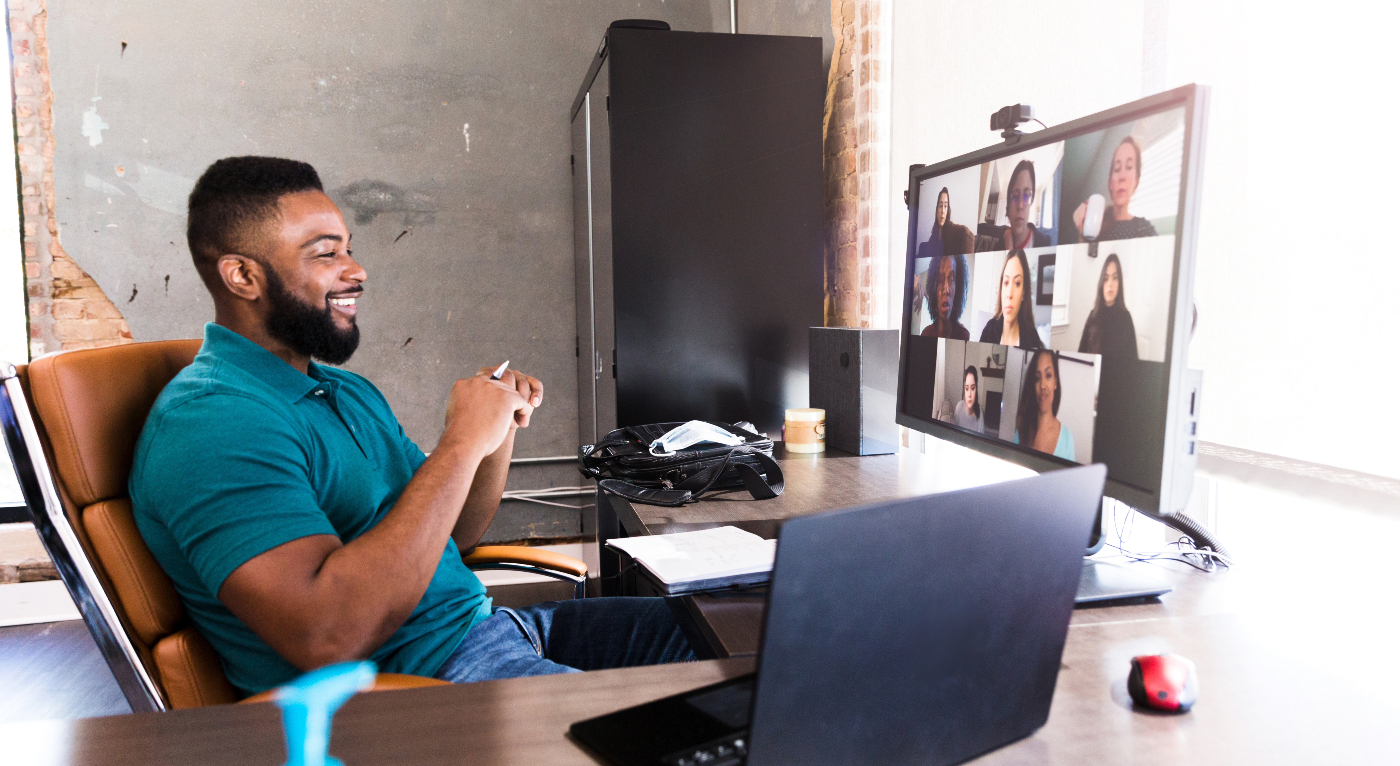Many would have never worked from home but three years ago, they did work from home. Some hated it and couldn't wait to get back to the office. Some loved it. Some changed jobs altogether. Some have moved away from the suburban places they were located in to the coast or new countries.
The shift towards remote work has had significant effects on individuals and organisations around the world. People have been given permission to question things they previously took for granted. While some have loved the shift towards remote work, others have struggled with it. For some, the shift has led to a change in jobs or location, while for others it has led to a newfound ability to work as digital nomads.
“My personal opinion is that hybrid is a transitional phase and it's a period that office-first organisations have to move through. It might take them years to get to a point of greater flexibility where they truly develop trust. But eventually, they'll start to think what is the point of bringing people together? What are we trying to facilitate? What behaviours do we want to nurture?
Is it better to bring people together off-site or take them somewhere else out-of-doors to do something wild and creative, are there ways to go completely away from that office idea? It will take time and there is a certain amount of phased withdrawal from the cubicle that we have to go through.”
Middlemiss explained.
From the perspective of organisations, the shift towards remote work has presented both opportunities and challenges. As Middlemiss notes, some organisations are slowly transitioning towards a more flexible work model, while others are struggling to adapt. The shift towards remote work has also changed the way people collaborate, as individuals are now more likely to use workarounds and no code solutions rather than simply relying on IT support.
“People returning to the office and not coming back as the same people. They're coming back with different expectations. Some of them are much more resilient from a technical perspective. They are used to trying to and fix something when it doesn't work. They are used to figuring out workarounds and no code solutions to things that they used to just press a button and someone from IT would walk down a corridor and fix it for them. So they're coming back with a different attitude and this will really change the way people collaborate.”
“The leaders who embrace this change, the ones who are comfortable with working out loud, who are comfortable with not needing to micro-manage people, but letting the work be visible and managing the process by supporting people to do their best work in the circumstances where they can best do that, will be the ones that are going to succeed.”
From the organisation or employers point of view, the ones that are honest enough to admit that there is a certain amount of uncertainty in the future of how we work and how we live will be pushed into experiments that they weren't necessarily ready for but can learn from.
Despite the challenges, the shift towards remote work has also presented opportunities for positive change. Many new start-ups and collaborations have emerged as a result of the shift towards remote work.
“There will be some amazing start-ups and collaborations next year because there are some very talented creative people who are going to be able to take their time and build some amazing things.”
The challenges ahead of us in the future of work revolve around uncertainties in how we work and live. “What is going to happen with the economy? Are we going to boil the planet? Are we going to have COVID wave Omega? Are we going to blow ourselves up?” All of these things amplify the amount of uncertainty for all of us especially anybody trying to make plans, whether it’s an individual trying to plan where to live, a manager trying to resource a start-up or a start-up trying to scale in the New Year. It remains to be fully understood what the future of work will look like in a post-pandemic world, but one thing is clear: the shift towards remote work has fundamentally changed the way we live and work.
This article is also part of ‘A Different View’ - a guest series by NearU sharing different perspectives from areas of interest in shaping the city of the future through articles, interviews, news and collaborations.
Suggested further reading: https://www.toptal.com/insights/future-of-work/distance-bias.
Suggested further reading: https://www.toptal.com/insights/future-of-work/distance-bias.
Biography:
Maya Middlemiss is a freelance author, writer and consultant. She also hosts The Future is Freelance. She is originally from London but currently lives and works in Spain as an Estonian e-resident. Her interest lies in the future of work from the point of view of location independence, solopreneurship and new models and ways of working, of which accommodating that work is an important part.
